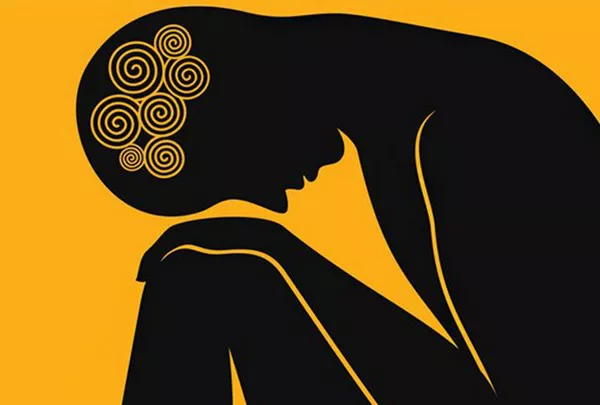London, September 21, 2023 — A groundbreaking survey funded by the Home Office has unveiled the profound impact of police interactions on the mental health of rape survivors in England and Wales. This extensive survey marks the first comprehensive examination of the trauma experienced by survivors due to their encounters with law enforcement.
Alarming findings from the largest-ever survey of rape and sexual assault survivors in the region show that three-quarters of respondents reported damage to their mental health “as a direct result of what police did, or failed to do, in their case.” This revelation highlights significant shortcomings in the handling of serious sexual crimes by the police.
Shockingly, numerous respondents disclosed that their rapists went on to commit further sexual offenses against them and/or others because the police did not take their reports seriously. Some women described feeling more traumatized by their interactions with the police than they had been by the original rape incident. One survivor expressed her fear, stating, “I am more afraid of the police than being raped again.” Only 14% of respondents felt safer due to police actions, while 39% felt less safe.
Andrea Simon, the director of the End Violence Against Women Coalition, emphasized that this survey demonstrates that the criminal justice system often inflicts harm on survivors of rape. She underscored that these experiences shape survivors’ trust in and engagement with the police and impact the delivery of justice, making it a fundamental human rights issue.
This survey comes at a time when public figures have questioned why women making allegations of rape and sexual assault did not report to the police. It reveals that half of the respondents lost trust in the police due to their response, and 56% said they would be unlikely to report any future rapes. One respondent wrote, “I can confidently say I will never be contacting the police for help again.”
The study, conducted by a team at City, University of London, also gathered insights from 190 survivors who chose not to report to the police. Their most common reasons included feelings of shame and embarrassment, a fear of not being believed, and a lack of trust in the police. Additionally, 42% of respondents who did report to the police did not feel believed, only half found officers respectful and kind, and 31% did not always feel safe with officers.
While this survey is not nationally representative, it has provided unique insights into survivors’ experiences, as noted by lead researcher Katrin Hohl, a professor of criminology and criminal justice at City, University of London. Hohl stressed the urgency of improving survivors’ experiences, stating, “Survivors are doing the rest of society a service if they report to police, so we urgently need to improve their experience.”
The survey, part of Operation Soteria Bluestone, a new approach to sex attackers being introduced in all 43 police forces in England and Wales, continues until June 2024. Its first-year report, published in December, highlighted systemic failings in the criminal justice system, including a failure to track repeat suspects, victim-blaming, and flawed investigations.
In response to the survey’s findings, the minister for safeguarding, Sarah Dines, reaffirmed the government’s commitment to funding Operation Soteria to bring about “radical improvements” in the criminal justice system’s treatment of rape cases. The police watchdog is set to inspect progress soon.
Sarah Crew, a chief constable who serves as the NPCC lead on rape, praised the survivors’ bravery and stated that their voices would play a significant role in improving policing responses to rape and sexual offenses. She emphasized that police forces welcomed scrutiny and were determined to do better for victims.


